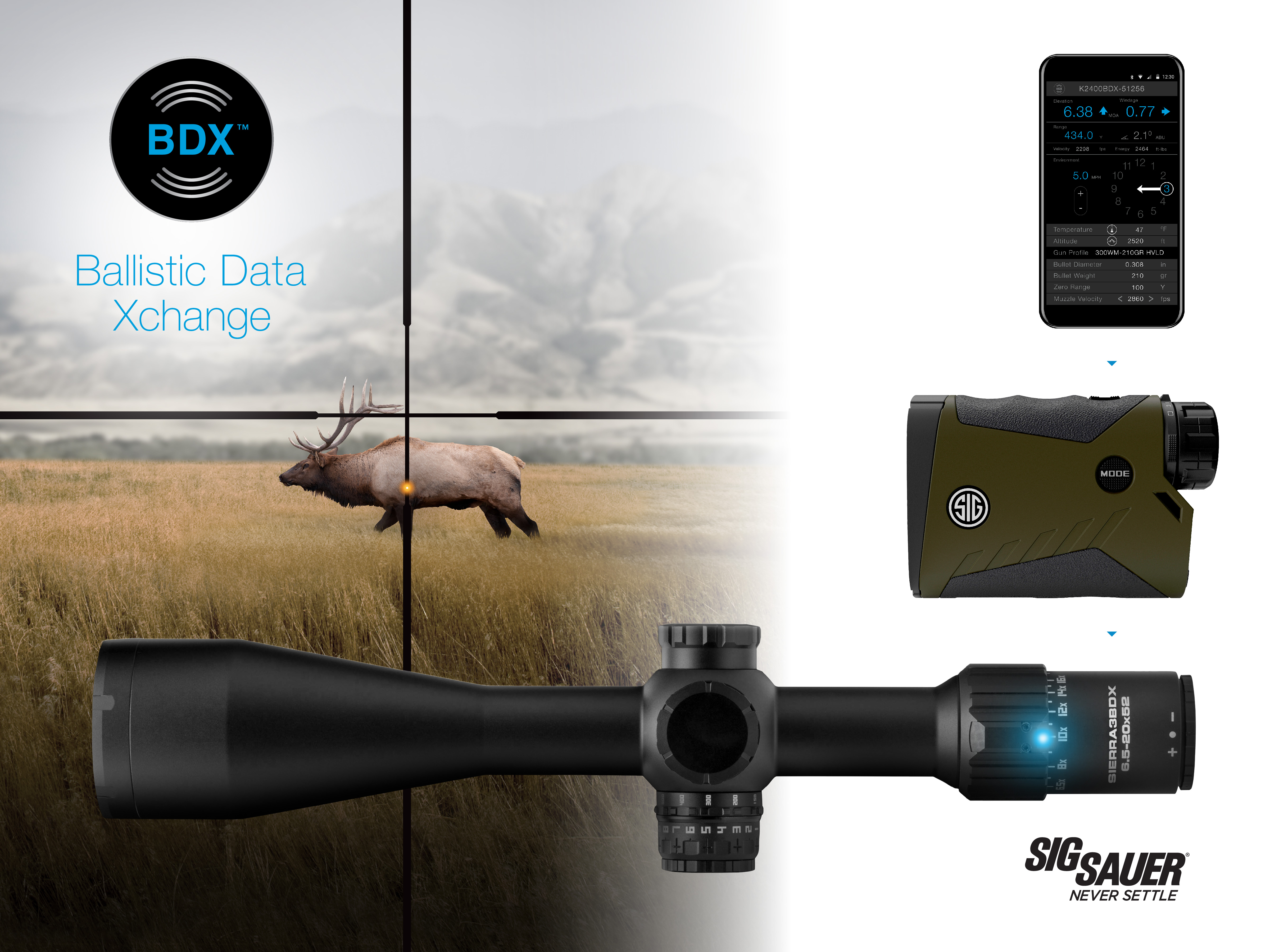Congress eviscerated Section 230 via the Worst of Both World FOSTA, but defendants have been doing well with Section 230 defenses over the past year-plus. Then, last week, a Wisconsin appeals court issued a published opinion that massively screws up Section 230 jurisprudence. I don’t know if the timing is a coincidence or a signal of broader common law retrenchment of Section 230 post-FOSTA. Either way, it’s very troubling.
The case relates to a shooting in the Milwaukee area that killed four people and wounded four others. The shooter found the seller of the gun and ammo on Armslist, an online marketplace for such things, even though the shooter was subject to a court order banning him from owning a gun. (The maxim “if guns are outlawed, only outlaws will have guns” seems vaguely apropos here). The shooter and seller consummated the transaction offline, so Armslist functioned as an online classified advertising service. (Thus, this case doesn’t turn on Armslist functioning like a marketplace; contrast the Airbnb v. SF ruling).
A shooting victim’s estate sued Armslist for negligence for its role in the transaction. The lower court dismissed the case on Section 230 grounds. The appeals court reversed.
The appeals court made “a plain language interpretation” of Section 230. This means the appellate court gave itself permission to deliberately ignore two decades of precedent in favor of an idiosyncratic and anachronistic reading of the statute. The court justifies its “plain language” approach “[b]ecause this case presents an issue of first impression in Wisconsin and there is no guidance from the United States Supreme Court.” This is a great example of how textualist judges can justify judicial activism.
Some of the complaint’s key allegations:
- Armslist made it easy to search for private sellers, who–unlike licensed dealers–do not have to conduct background checks on buyers. Thus, Armslist “is designed to enable buyers to evade state waiting period and other legal requirements”
- Armslist allowed users to flag problematic content but “expressly prevented users from flagging content as purportedly criminal or illegal”
- Armslist warned users not to engage in illegal activity but didn’t provide “guidance on specific laws governing firearm sales or the care that should be used in conducting such sales” [LAW GOVERNING LAWYERS ALERT: it would potentially constitute the criminal unauthorized practice of law for Armslist to provide “guidance” to its users about specific laws]
- Armslist didn’t require account registration and thus encouraged anonymity
- there is evidence that many buyers wanted to buy from private sellers, especially in states that require licensed dealers to conduct background checks of buyers. A survey indicated that “67 percent of private online sellers in Wisconsin are willing to sell to a person they believe could not pass a background check.”
The court summarizes (emphasis added): “Daniel’s theory of liability is that, through its design and operation of website features, Armslist’s actions were a cause of the injuries to Daniel.”
As you know, courts have repeatedly and emphatically shut down plaintiffs’ efforts to work around Section 230 by saying they are suing for the defendant-website’s “design and operation.” Leading recent examples include the First Circuit’s Doe v. Backpage and the Dyroff v. Ultimate Softwarerulings. Thus, the plaintiff’s allegations appear to support a quick and easy Section 230 defense win (as the lower court granted). What went wrong on appeal?
The appellate court says that Section 230(e)(3) preempts state law, and Wisconsin has a presumption against such preemption. Thus, the court says it must apply “an exacting standard” to the preemption scope. With respect to 230(c)(1)’s reference to publisher/speaker, the court says:
in order to prevail, Armslist must show that the claims here treat Armslist as liable because it is an entity that published or spoke information provided by Linn or Radcliffe, and Armslist must overcome the presumption against preemption
The court says Armslist failed to do this:
Armslist contends that the Act protects the activity of designing and operating a website, but without tying this interpretation to language in the Act. Stated differently, Armslist effectively ignores the Act’s phrase “publisher or speaker of any information provided by another.”…
The Act does not, for example, provide lists of website features that do or do not represent traditional editorial functions, nor does it use the terms “neutral” or “passive” or any similar terms. This leaves courts without principled and consistent ways to define “traditional editorial functions,” “neutral means,” or “passive display.” We cannot lightly presume that Congress would intend that the highly consequential immunity determination could turn on how courts might chose to characterize website features as being more or less like traditional editorial functions, or more or less neutral or passive, especially without reasonably specific statutory direction or guidelines.
Despite its plain meaning approach, the court does try to engage with some precedents:
- The court cherrypicks stray language from cases like Barnes v. Yahoo (but not the part where the Ninth Circuit concluded that Section 230 preempts claims for negligent content removal), Doe v. Internet Brands (the Section-230-isn’t-a-get-out-of-jail-free language–as I’ve said before, some puppy has a bad day every time a judge cites this expression), and Roommates.com (the lawless-no-man’s-land language, which also saddens puppies).
- The court cites several cases for the proposition that Section 230 applies when the defendant is treated like the publisher/speaker, even though that proposition isn’t in doubt, and the court doesn’t actually discuss any cases that defined or examined the meaning of the words “publisher” or “speaker.”
- The court distinguishes Doe v. Backpage and Herrick v. Grinder (the Jan. 2018 ruling that I haven’t blogged yet) because they “are effectively reading into the Act language that is not present, to the effect that the Act provides general immunity for all activities that consist of designing or operating a website that includes content from others.”
- The court distinguishes Zeran v. AOL, Klayman v. Zuckerberg, and the defense-favorable parts of Roommates.com because the court cannot “tie these case-law applications to the Act’s specific language and, for that reason, do[es] not find the cases Armslist relies on helpful.”
Here’s my non-exhaustive list of what went wrong:
- the court aggressively applied the doctrine that federal preemption should be narrowly construed
- despite the purported “plain language” analysis, the court bypasses Congress’ findings recited in Section 230(a) and (b), which (if considered) would have counseled a broader reading of the statute
- the court preferences independent statutory analysis over 20 years of persuasive caselaw precedent. The court also didn’t consult Congress’ post-Section 230 amendments, which would have confirmed that Congress did intend to read the law broadly.
- the court had strong–and narrow–views about how a plaintiff’s claim would treat an online service as publishing or speaking third party content
- the court may have strong normative views about gun control or victim compensation
- perhaps Armslist could have done a better job relying on more than precedent. Still, I get the feeling this court was going to reach this result regardless of the strength of Armslist’s advocacy.
Unfortunately, the opinion does not detail the exact circumstances when its statutory reading would support a Section 230 defense. It only says: “We note that our interpretation of the Act does not deprive it of value to defendants in tort cases, but instead provides concrete, if narrow, immunity. For example, websites cannot be held liable under the Act merely because they allow the posting of third-party defamatory comments, because that would treat the websites as the publishers or speakers of the comments.” As a result, I think this opinion could embolden plaintiffs on two fronts:
1) Plaintiffs could argue that Section 230 only applies when the word “publisher” or “speaker” appears in the claim’s elements. If true, this would functionally narrow Section 230 into a defamation-only defense–a truly shocking result given what’s happened in the 20 years in the courts and Congress.
2) Plaintiffs can always say they are suing for the website’s design and operation, not third party content. We’ve seen that sophistry many times over the years, and courts have rightly shut it down. But this case apparently categorically puts those claims outside of Section 230.
Because of these new opportunities for plaintiff mischief, this opinion horks Section 230 jurisprudence. Indeed, I think it’s the most pernicious Section 230 ruling since Hassell v. Bird (also from a state appeals court gone rogue–what’s up with that?). Thus, this case is an excellent candidate for appeal to the Wisconsin Supreme Court. If there is an appeal, it would be an all-hands-on-deck situation for amicus intervention.
This case has several parallels to the “material support for terrorism” cases against social media sites, such as Fields v. Twitter. In both types of cases, the website-defendant allegedly published content that the plaintiff alleges constitutes a but-for cause of offline murder. The social media defendants have won all of their cases based on a combination of Section 230, failure of the prima facie elements, and lack of causation. So even if this court jeopardizes Section 230’s applicability, those cases could still end on other grounds.
Even without Section 230, Armslist has a high chance of defeating the negligence claim. First, there are serious causation problems with the plaintiff’s arguments, as is the case with the “material support for terrorism” cases. Second, in 2014, the Seventh Circuit issued a strong victory to Armslistin a fairly analogous negligence lawsuit, holding that Armslist had no duty to the decedent because it lacked the required “special” relationship (indeed, it had no relationship with the decedent at all). If that reasoning applies here, Armslist should eventually win this case one way or another. I could see this opinion leading to the same outcome as the Doe v. Internet Brands case–where the Ninth Circuit said that Section 230 didn’t apply to failure to warn claims, but later cases held that websites don’t have a duty to warn, so bypassing Section 230 didn’t lead to any greater success for plaintiffs. However, the Internet Brands case only helped failure-to-warn claims get past Section 230, while this Armslist ruling applies all types of Section 230 cases and therefore causes substantially more problems.
* * *
The author of this stinker is Judge Brian Blanchard, who worked as a newspaper reporter before law school. Perhaps this opinion reflects a former journalist’s idiosyncratic views of what “publication” means? Recall that Ken Zeran had taken journalism classes in college, so maybe there’s something about how people trained as journalists see Section 230. Then again, Judge Wilkinson, the author of Zeran v. AOL, was a former journalist too and had no problem reading Section 230 very broadly, so the journalism background doesn’t dictate this result.
Case citation: Daniel v. Armslist, LLC, 2018 WL 1889123 (Wis. App. Ct. April 19, 2018)
Article by Eric Goldman: See the original article here


 !
!












